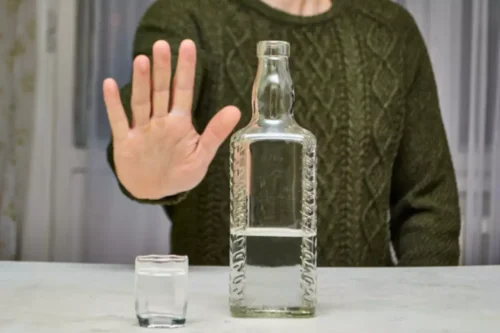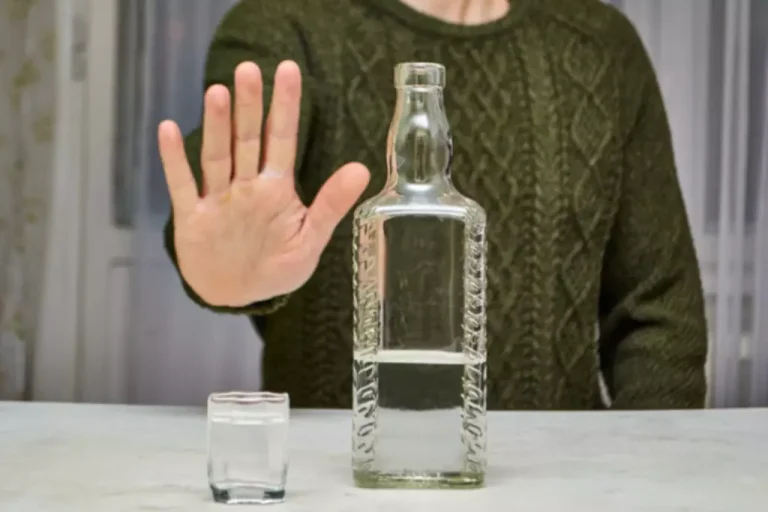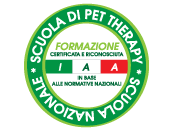7 Things to Know About Taking Blood Thinners Safely

They protect you from bleeding too much if you’re injured or have surgery. Pregnancy, cancer and estrogen therapy can also put you at a greater risk of forming a clot. They are a group of drugs that stop certain blood cells (called platelets) from clumping together and forming a blood clot to help stop bleeding. The amount marijuana addiction of alcohol a person consumes daily contributes to how it affects blood and heart health.
What measures can be implemented to mitigate alcohol misuse in individuals taking Eliquis?
- Anyone who experiences severe symptoms, such as constant bleeding, intense pain, or dizziness, should seek emergency care.
- While some sources, like a Drugs.com article, suggest that modest alcohol intake has little effect on the response to medications like warfarin, it’s essential to avoid binge drinking and acute alcohol intoxication.
- If you’re taking warfarin, you don’t have to give up foods higher in vitamin K completely.
When a person drinks excessively for long periods, their risk for a stroke increases. Short-term effects occur because of how alcohol impacts receptors in the blood. Specific blood vessels near the heart rely on receptors to keep blood pressure at a healthy level.

Blood thinners and delayed bleeding
- Long-term heavy alcohol use can lead to liver damage and disrupt the normal clotting process.
- If you are over 65 years old, you’re more likely to have more than one medical condition that you take medicine for.
Before consuming alcohol while taking blood thinners, it’s important to consult with your healthcare provider. They can provide personalized guidance based on your specific medical condition, the type of blood thinner you are taking, and any potential interactions or risks involved. Your healthcare provider will be able to assess your individual situation and advise you on whether it is safe to consume alcohol while on blood thinners.
More on Atrial Fibrillation
It has also been reported to contain salicylic acid, which has resemblance to aspirin. There are also indications that some of the major medicinal properties of cranberry come from its anthocyanin component. With regard to effects on blood clotting, it is expected that salicylic acid has the potential to cause inhibition of platelet aggregation 8, 26. There are case reports of interactions between the herb and warfarin, demonstrating increased international normalized ratio (INR) and bleeding when both are used concomitantly 8, 20. Although cranberry has not been verified to directly affect platelet aggregation or interact with antiplatelet drugs, the possibility cannot be ruled out under certain favorable circumstances. It is, therefore, advisable to be cautious when the herb is used together with antiplatelet drugs, such as aspirin or nonsteroidal beer and blood thinners anti-inflammatory drugs (NSAIDs), particularly in excessive doses.
Side effects of mixing alcohol and blood thinners

While highly effective, blood thinners must be used with caution due to the risk of excessive bleeding. It is important for patients to be closely monitored and to follow their healthcare provider’s instructions to minimize potential side effects, such as bleeding complications. From limited observations, oregano has been suggested have the potential to induce bleeding and exacerbate disorders of bleeding 65.

Herbs with both antiplatelet and anticoagulant properties
If you’re taking warfarin, you don’t have to give up foods higher in vitamin K completely. But limiting them in your diet and being consistent in the portions you do eat is important. Changing up how much vitamin K you’re getting each day can prevent warfarin from doing its job.

